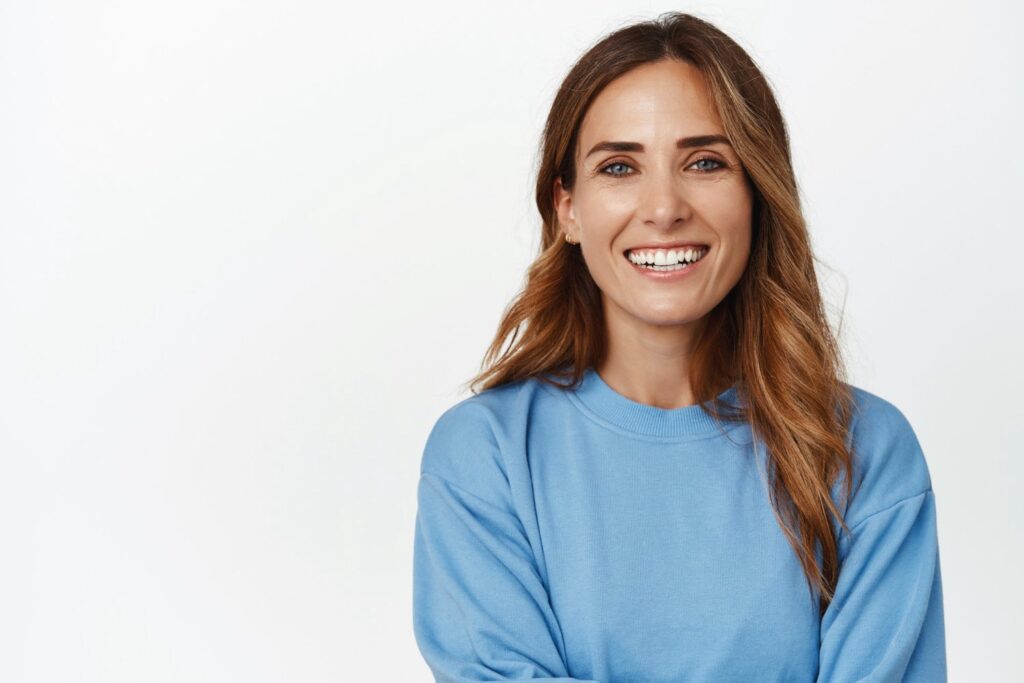Hey lovely ladies. Today’s topic is one very close to my heart, and I live and breath it! It might seem a bit daunting for some, and I understand why—it’s about receiving a late autism diagnosis. Think of it as finding an unseen guest in your house, who you realise, has always been there, silently moulding your life.
Being diagnosed with autism later in life feels like you’ve been handed a puzzle box, and as the pieces start fitting together, your past behaviours and struggles come into focus. But what’s essential to remember is that this diagnosis doesn’t redefine you—it simply adds another layer of understanding to your unique, multi-faceted self.
When I received my ADHD and autism diagnosis at 45, it sent me on a huge rollercoaster of highs and lows. Suddenly my whole life started to swim in front of me, and so many things started to make sense. And whilst I developed immense self compassion, understanding and acceptance, I also dealt with fear, panic and confusion. And ALL of that is OK, and part of processing a later life diagnosis.
I share my story in more detail in other blogs, video’s and media, so I won’t go into a lot of detail here, but one of the biggest realisations for me was my work life. Maybe you can relate to this – but I had reached 45 with a career and professional life that was considered, by societal standards, as ‘successful’. I had survived a 10 year+ corporate legal management career, I had navigated 10 years+ of entrepreneurship, culminating in running a multi-award winning clinic. BUT, as I started to process and understand my autistic and ADHD self, I realised that the outwardly successful life I’d created, was crushing me.
Panic set in, as I began to think it was too late to change my life now. I had ‘made my bed and now I had to lie in it’, thoughts were rushing through my head. I convinced myself it was too late to change, and I was stuck. So I had a period of my late diagnosis journey that felt horrible, that saw many tears of desperation and panic. Maybe you’ve felt similar? Maybe you’ve longed for a different way of existing, or to change your life completely, but you feel like your diagnosis has come too late?
The thing I came to realise is that it’s never too late to create a life that you feel safe, seen and fulfilled in. You can redefine success, happiness and life on YOUR terms. And the trick is to do it one small step at a time, by reverse engineering everything, and go back to your core values. Don’t worry about figuring that our right now, just know that change is possible for you, and you CAN create a thriving, happy and successful life, on YOUR terms.
The first step in the journey of late diagnosis is learning about where your autistic ADHD self feels safe and comfortable, and where you don’t. Everyone’s experience with autism is different, so understanding how it manifests in you is crucial. Books, documentaries, scientific articles, or even personal narratives—each offers a wealth of knowledge to better understand your newly discovered guest. But please don’t compare yourself to others, and please ditch the checklists and tick boxes of traits – because they are outdated, and were created with boys in mind! My personal belief is that we all have our own unique traits, that are influenced and develop as a results of our experiences and exposure to different environments, situations and people, as we move through life. Your personal autism and/or ADHD experiences are 100% valid and real, and you don’t need someone else to tell you otherwise!
Spending time recognising your strengths and challenges can be really helpful. Learning to lean into your strengths will give you the opportunity to build confidence, and create a life that feels fulfilling for you. Identifying areas you find challenging is equally important, so that you can start to put strategies and tools in place to make your experiences more comfortable, or help you know which situations (or people) to avoid altogether. For example, many autistic people are more sensitive to sensory input, whether it’s light, sound, touch, environments – so having ways to manage this can make life much more enjoyable (and quieter) for you. Try different things, see what works for you, we’re all different.
Reaching out is the next step. We humans are social beings, after all. For many autistics, the social element can be painful (I find it excruciating!). Having people in your life that truly understand you, or simply hold space for you to be your truest self, will help you immensely. Seek out local support groups or online communities where you can share your experiences, fears, and triumphs. Therapists or counsellors specialising in autism can provide practical advice and strategies. I have found great support in being honest and open with my mum, my best friend and also having an autism and ADHD coach. Your support circle can be as big or small as you’d like, just make sure they are people that you feel that you can be yourself with, and that accept you exactly as you are.
Lastly, and most importantly, take the time to celebrate your unique self. You’re a distinctive, vibrant soul with so much to offer the world. See this diagnosis not as a label, but as an invitation to understand and accept yourself better. I PROMISE you that you have the most brilliant and unique strengths and magic to share with the world, something that neurotypical folks just don’t have. Let your diagnosis be the opportunity for you to connect to yourself, and enable you to being those unique gifts into the world, to be celebrated.
Until next time, be brave, stay you, and keep being brilliant. Nikki x
